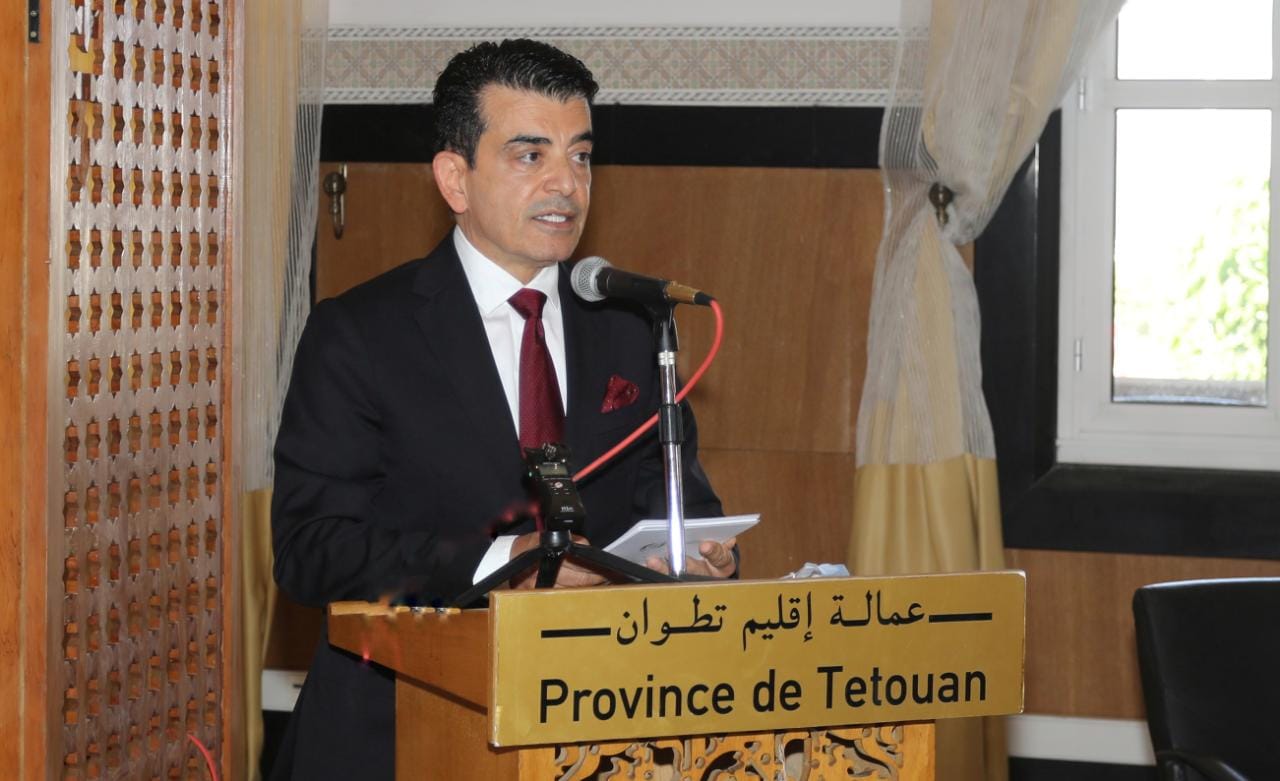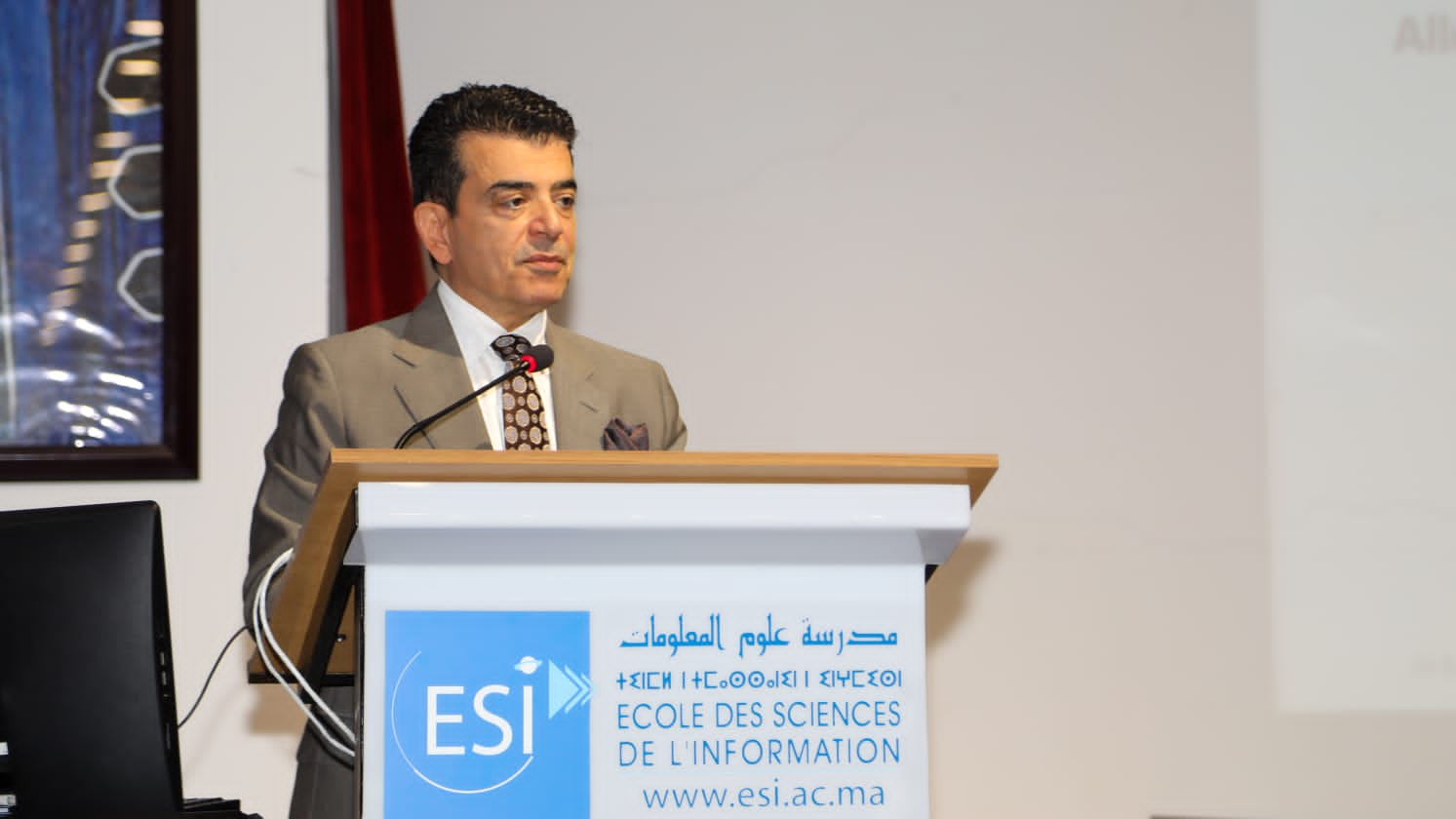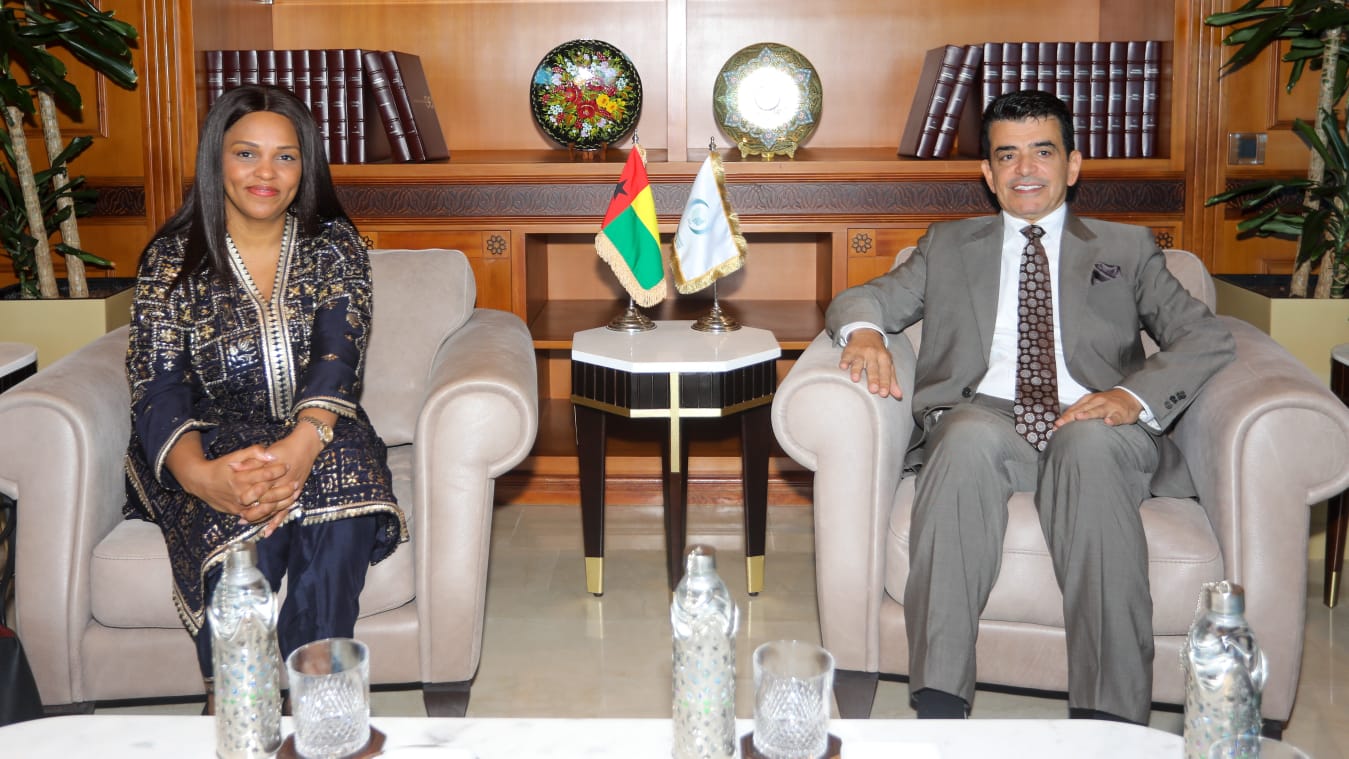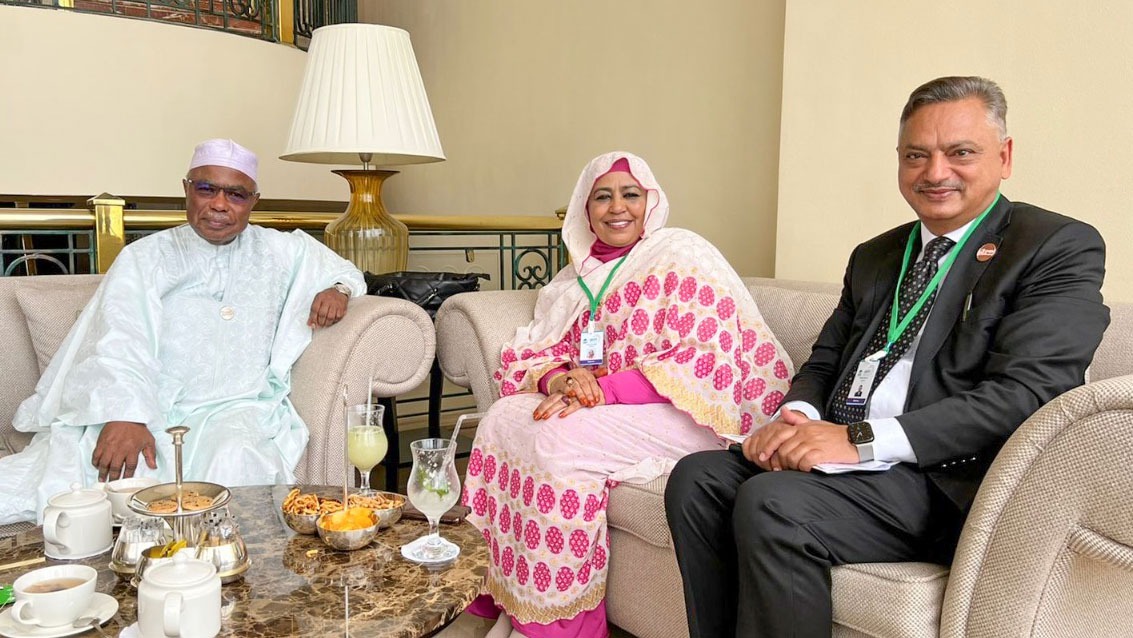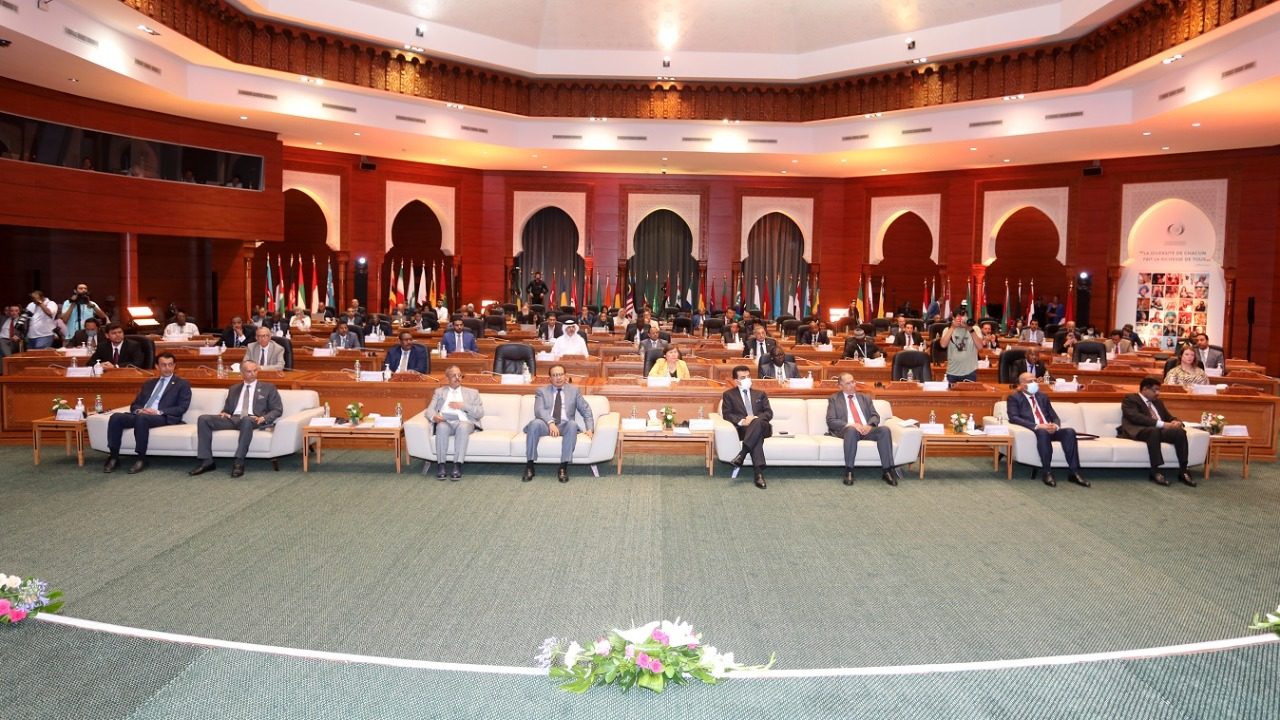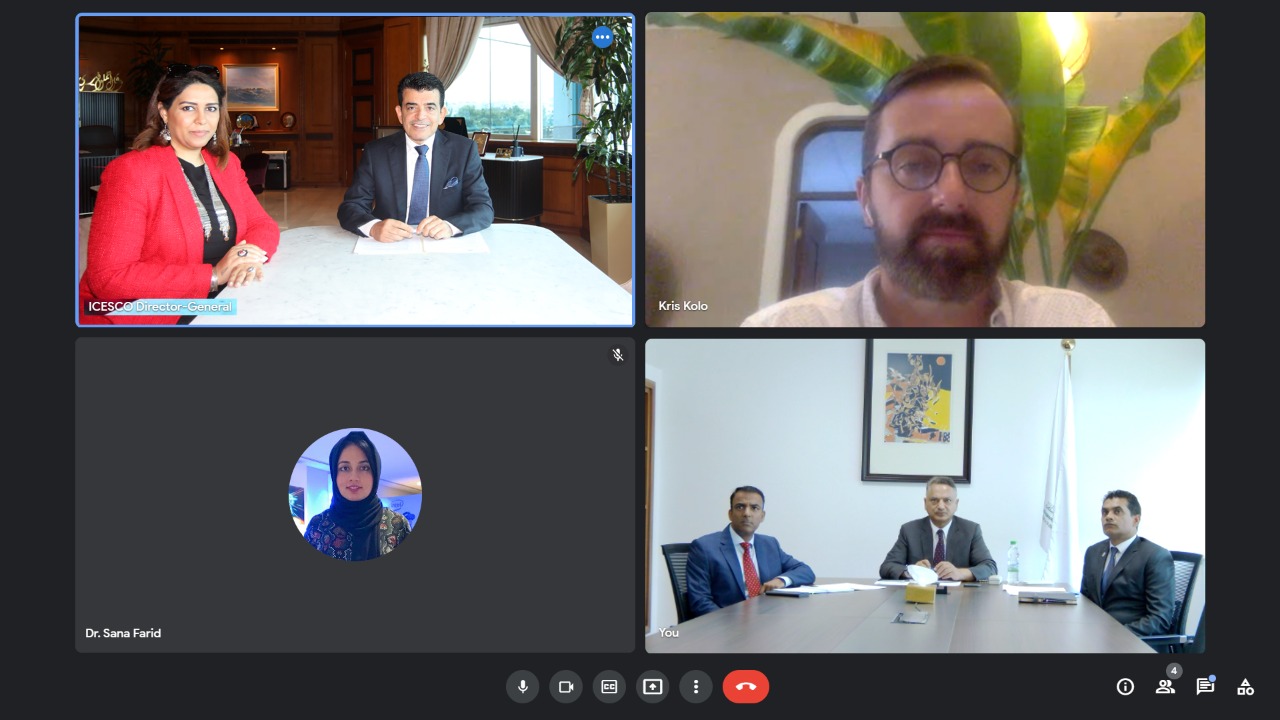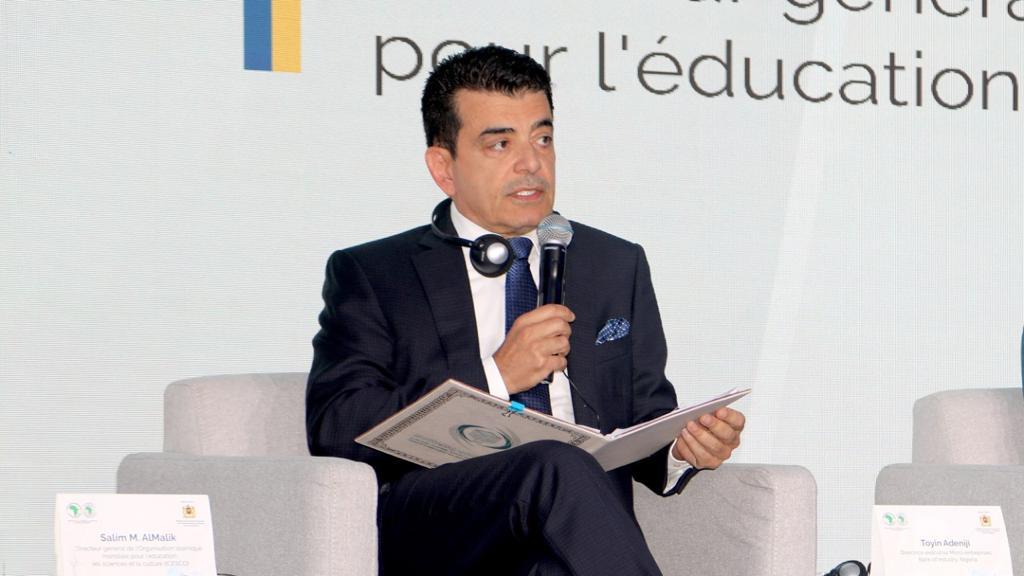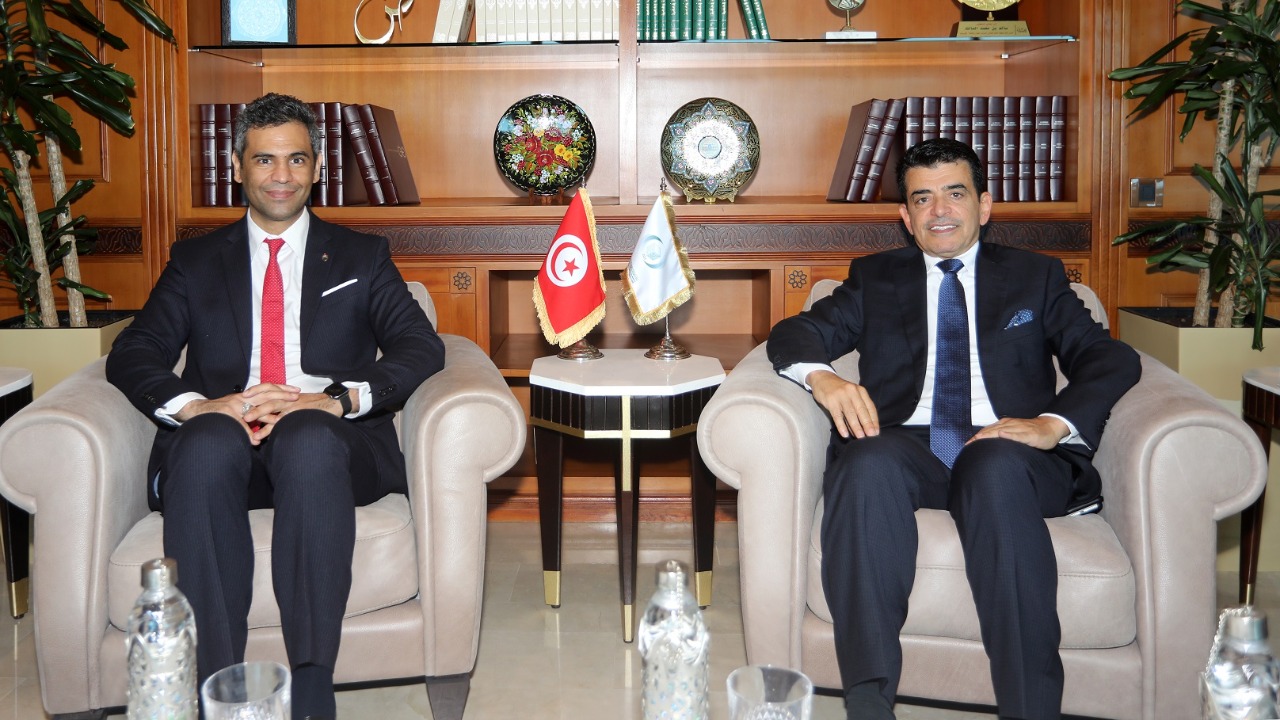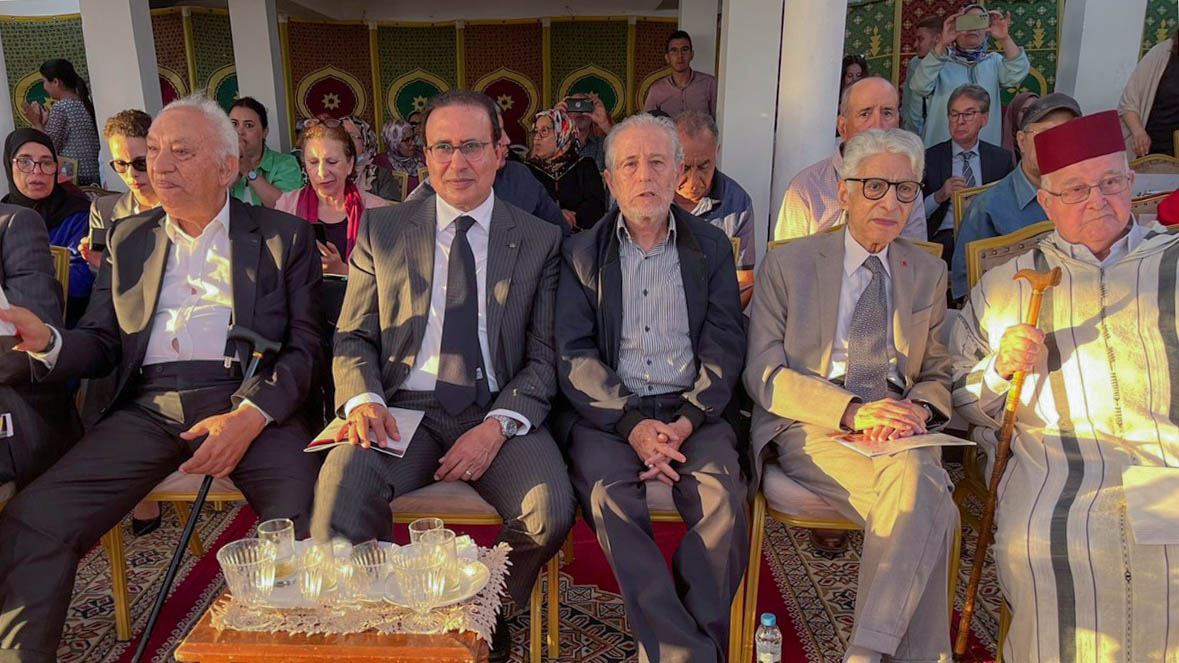Dr. Salim M. AlMalik, Director-General (DG) of the Islamic World Educational, Scientific and Cultural Organization (ICESCO), stressed the importance of civil society institutions as they provide societal experience to help government developmental programs become more equitable and just, and seize training opportunities to develop the workforce of society, in addition to their ability to positively contributing to the development of strategic and periodic plans as they include various societal forces.

This statement was part of the address that Dr. AlMalik delivered, on Thursday (June 9, 2022), in Tétouan, at the launch of the Celebration of “Tétouan, Capital of Moroccan Civil Society for 2022,” under the high patronage of His Majesty King Mohammed VI, may Allah assist him, held by the International Civil Society Organization for the Values of Citizenship, Development and Dialogue, in cooperation with Tétouan Asmir Association for Cultural, Socio-economic and Sports Development, in the presence of a group of ministers and officials of the Moroccan government, representatives of regional and international organizations, and civil society figures.

ICESCO DG explained that the civil society’s potential stems from a real extrapolation of the societal needs, commending the selection of Tétouan as the Capital of Moroccan Civil Society for 2022 similarly to the Celebration of Rabat as Culture Capital in the Islamic World for 2022, both under the high patronage of His Majesty King Mohammed VI, may Allah assist him.

He also praised the features of Tétouan, including its ancient wall, whose full construction took over three hundred years, and its seven historical gates. Tétouan is the memory of Andalusia. It deserved the compliment saying “This is Tétouan… this is its generosity to the civilization of all time.”
Dr. AlMalik concluded his address by reciting the poem he dedicated to Tétouan, under the title: “Princess of Doves.”
The International Civil Society Organization for the Values of Citizenship, Development and Dialogue in the Kingdom of Morocco launched the “Capital of Moroccan Civil Society” Initiative in 2018 to celebrate the leading Moroccan cities in civil society action.

The programme of Tétouan, Capital of Moroccan Civil Society for 2022, includes several activities throughout the whole year, particularly symposia on the intellectual and tangible heritage of Tétouan, an exhibition of civil society works and honoring civil society actors and bodies, as well as media professionals, icons of thought, art and innovation, and distinguished and creative youth of Tétouan. It also features artistic and musical performances that highlight the city’s distinguished creativity.


